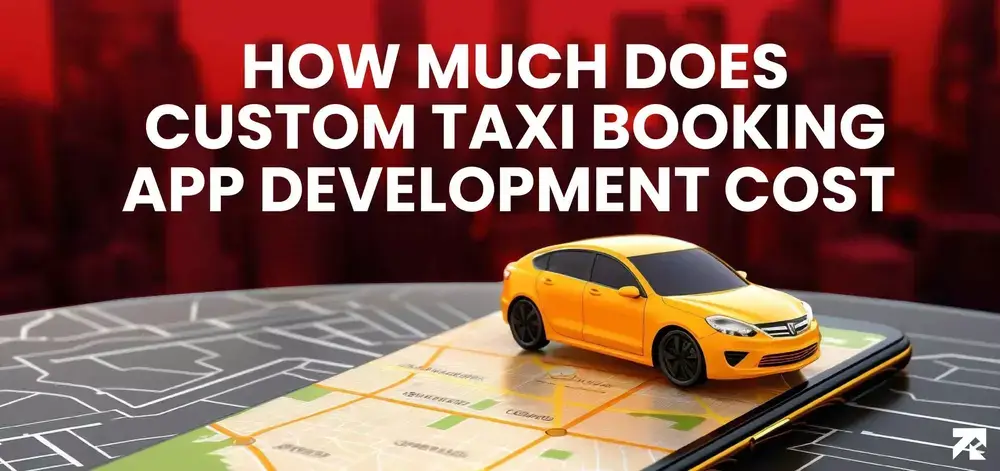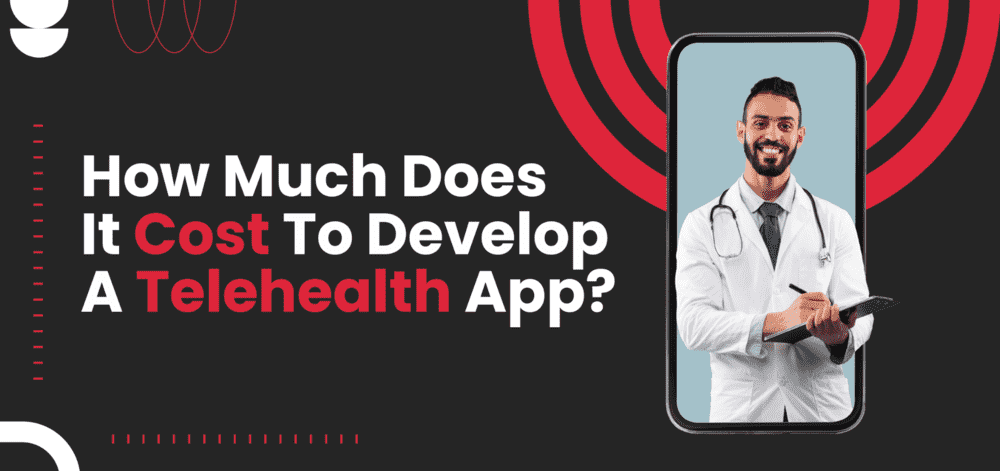Is Hacking in App Purchases Technically Stealing?
In today’s digital age, the concept of ownership has evolved, and new ethical dilemmas have arisen. One such dilemma revolves around the practice of hacking in-app purchases. This controversial topic raises questions about the morality of obtaining premium content without paying for it. In this article, we will explore whether hacking in-app purchases is technically stealing and delve into the arguments from both sides of the debate.
Introduction
Mobile applications have become an integral part of our lives, offering various features and functionalities to enhance our experiences. Many apps adopt the freemium model, where users can download the app for free but have the option to make in-app purchases for additional benefits or premium content. Hacking in-app purchases refers to the act of bypassing payment systems or exploiting vulnerabilities to gain access to these premium features without making the intended payment.
Understanding In-App Purchases
Before delving deeper into the ethical implications of hacking in-app purchases, it’s important to understand the mechanics of in-app purchases themselves. In-app purchases are designed to support developers and generate revenue for their hard work in creating and maintaining the app. They allow users to unlock additional content, remove advertisements, or gain extra functionality within the app.
For You: Free In-App Purchases On Google Play
The Ethics of Hacking
Hacking vs. Legitimate Purchases
One argument against hacking in-app purchases is that it undermines the developers’ efforts and the financial stability of the app ecosystem. When users hack in-app purchases, they bypass the intended revenue stream and deny developers their deserved compensation. From this perspective, hacking in-app purchases can be seen as an unethical act akin to stealing.
Developers’ Perspectives
From the developers’ standpoint, in-app purchases are essential for sustaining their business. They invest time, money, and resources in creating valuable content, and the revenue generated from in-app purchases helps fund further development and improvements. Hacking in-app purchases not only undermines their efforts but also discourages future innovation and app quality.
Legal Implications
Hacking in-app purchases also has legal implications. Unauthorized access to premium features without proper payment can be considered a breach of terms of service and potentially illegal. App developers have the right to protect their intellectual property and revenue streams, and hacking violates these rights.
Arguments Against Hacking
Loss of Revenue
One of the primary arguments against hacking in-app purchases is the loss of revenue for developers. When users obtain premium content without paying, it hinders the financial sustainability of the app and can discourage developers from creating new content or maintaining existing features.
Impact on Developers and Industry
Hacking in-app purchases has a broader impact on the app development industry as a whole. The decreased revenue from hacked purchases affects not only individual developers but also the ecosystem as a whole. It can lead to fewer free apps, more intrusive advertisements, or higher prices for legitimate in-app purchases to compensate for the lost revenue.
Arguments for Hacking
Access to Premium Features
Advocates for hacking in-app purchases argue that it provides access to premium features that may otherwise be out of reach for some users. They believe that everyone should have the opportunity to experience the full potential of an app, regardless of their financial situation. Hacking, in their view, democratizes access to premium content.
Personal Freedom and Choice
Supporters of hacking in-app purchases also highlight the importance of personal freedom and choice. They argue that users should have the right to modify or bypass payment systems if they feel that the pricing or in-app purchases are unfair. Hacking, in this context, becomes a means to exercise autonomy and control over one’s digital experiences.
Expensive In-App Purchases
Another argument for hacking in-app purchases revolves around the high cost of certain premium features. Some users consider these prices excessive and believe that hacking serves as a way to level the playing field, allowing them to enjoy the same benefits without breaking the bank.
The Gray Area: Moral Dilemmas
The debate surrounding hacking in-app purchases is not black and white, and moral dilemmas often arise. Context plays a crucial role in evaluating the morality of hacking. Some developers adopt pricing models that are perceived as exploitative or predatory, leading users to justify hacking as a form of resistance against unfair practices. It’s essential to consider the motivations and attitudes of developers before passing a blanket judgment.
Conclusion
In conclusion, the topic of hacking in-app purchases sparks a heated debate about the ethics and legality of obtaining premium content without paying for it. While hacking in-app purchases can be seen as a form of theft, there are also arguments for personal freedom, choice, and access to expensive features. The moral dilemma surrounding this issue requires careful consideration of the context and the impact on developers and the industry as a whole.
FAQs
- Is hacking in-app purchases legal? Hacking in-app purchases is generally considered illegal as it violates the terms of service and the rights of app developers. It can lead to legal consequences.
- Does hacking in-app purchases harm developers? Yes, hacking in-app purchases can harm developers by depriving them of the revenue they rely on to sustain their businesses and create new content.
- Are there any legitimate alternatives to hacking in-app purchases? Yes, users who find in-app purchases expensive or unfair can explore alternatives such as free versions of apps, waiting for discounts or promotions, or providing feedback to developers regarding pricing concerns.
- Does hacking in-app purchases affect app quality? Hacking in-app purchases can indirectly affect app quality by reducing the financial resources available to developers for further development and improvements.
- Can hacking in-app purchases lead to account suspensions? Yes, hacking in-app purchases violates the terms of service of app stores, and users engaging in such activities risk having their accounts suspended or permanently banned.










